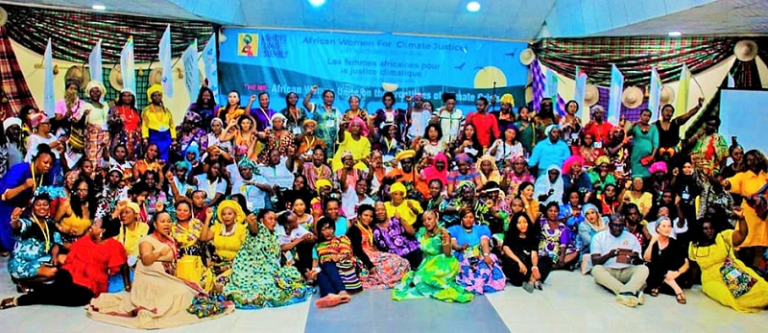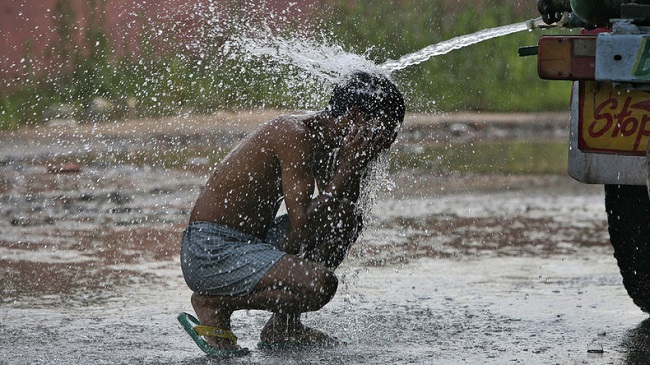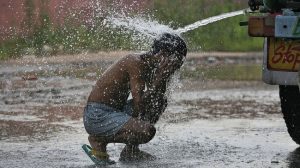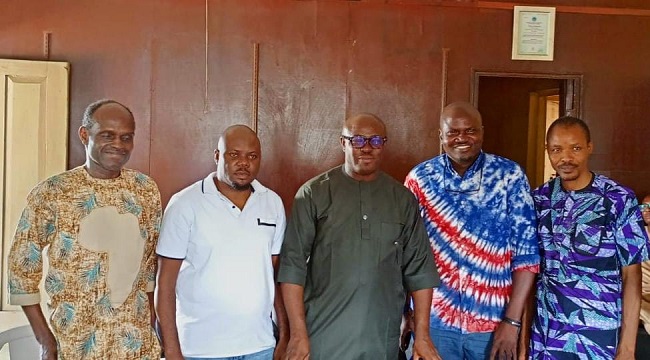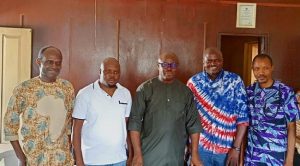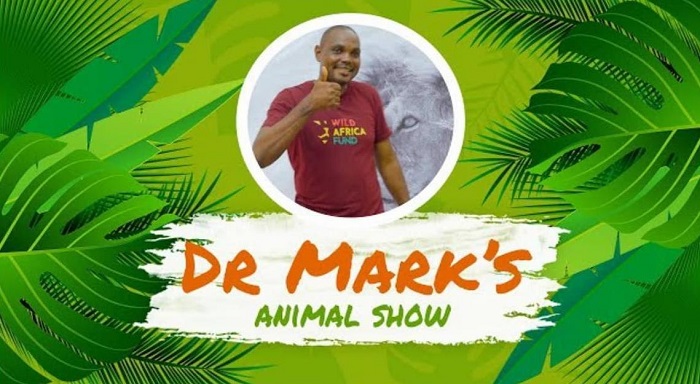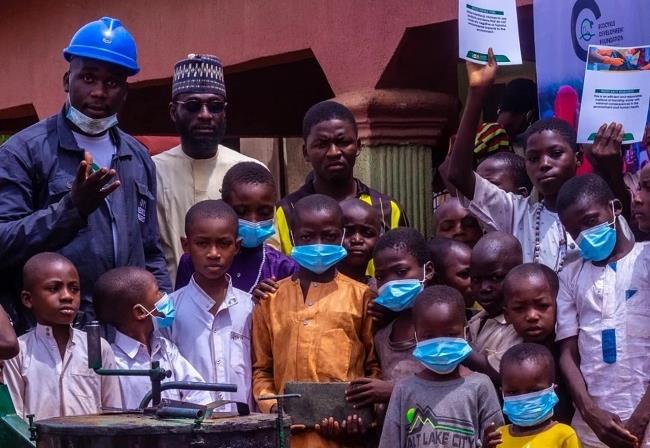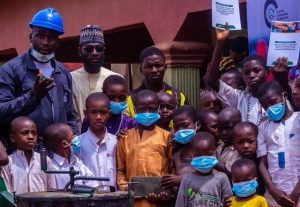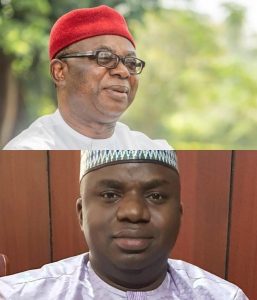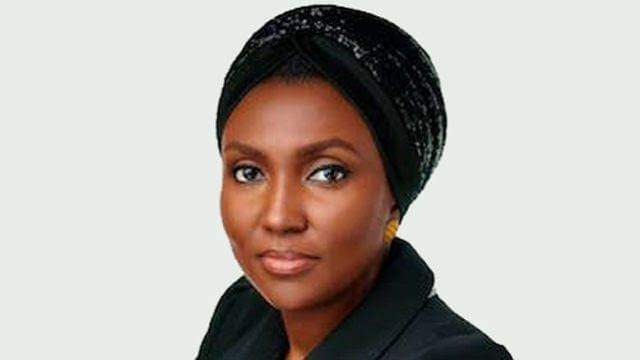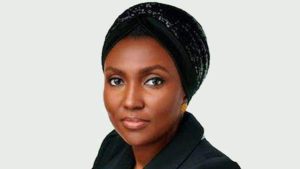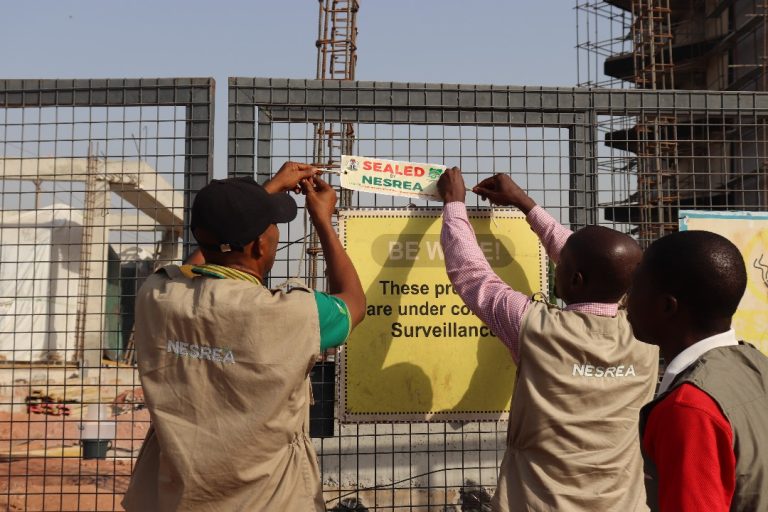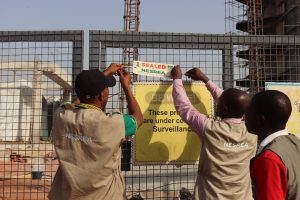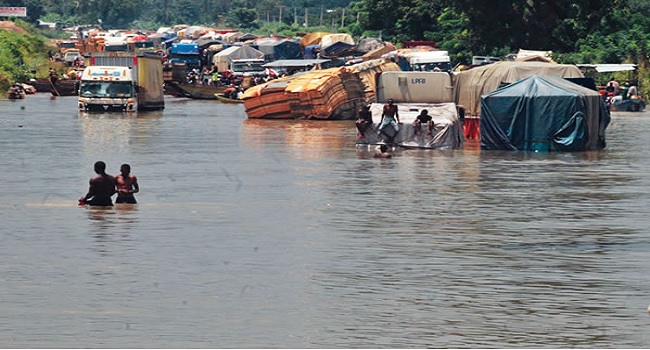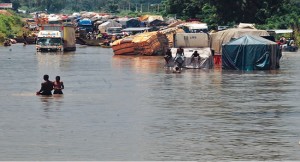A Rivers State-based advocacy group, the Kebetkache Women Development and Resource Centre, has urged the Rivers State Government to implement the National Action Plan on Gender and Climate Change.

The Project Officer, Mrs Confidence Otikor, made the appeal at a policy engagement with stakeholders in Port Harcourt on Saturday, March 16, 2024.
She urged the state government to embrace gender-responsive budgeting in order to cushion the effects of climate change on the people.
“Focus should be on frontlines in climate change adaptation and mitigation strategies,” she added.
It will be recalled that the Federal Government introduced the action plan in 2020 to steer the policy’s implementation at the federal, state and local government levels.
The plan was designed to alleviate the adverse effects of climate change that are posing significant threat to the social and economic well-being of people, particularly women.
According to Otikor, implementing the action plan will help to address the challenges encountered by women in communities that are prone to environmental challenges.
“This dialogue is organised to find out stakeholders’ level of preparation to comply with the action plan at the ministries.
“The extensive engagement reveals the need for substantial efforts with civil society organisations to collaborate with the ministries to achieve the plan’s objectives.
“As a group, Kebetkache is not satisfied with the current level of implementation in the state, so further actions are needed to address the gaps,” she said.
Otikor urged non-governmental organisations to always speak out by creating awareness about issues affecting women.
“Involvement of NGOs in the action plan will go a long way to bring out the need for its implementation.
“We urge the state governments to speedily domesticate the action plan across all the ministries, departments and agencies in the states,” she said.
Mrs Nkem Odoya, an official of the Forestry Department, Rivers State Ministry of Agriculture, said that the ministry had initiated a poverty reduction programme to support people affected by climate change.
Odoya stated that the state government was also running a programme that trained and empowered agriculture entrepreneurs at the local government level.
“We also have a nutritional programme targeting vulnerable children and women in five local government areas,” he said.
Chief Constant Meju, the Coordinator, Centre for Media, Environment and Development Communications, expressed concerns over the limited support given to women by the state Agriculture Ministry.
She said that the dialogue was a crucial platform for civil society organisations to engage with the state government on climate change and gender policies.
Meju highlighted the importance of government-CSO collaboration to achieve shared objectives.
She said that some communities in the state were facing severe environmental degradation due to oil extraction activities.
“The coastal areas have been damaged by flooding, yet the government seem not to be doing anything.
“The society wants to see the government showing empathy over the plight of women in communities affected by degradation,” she said.
By Desmond Ejibas

